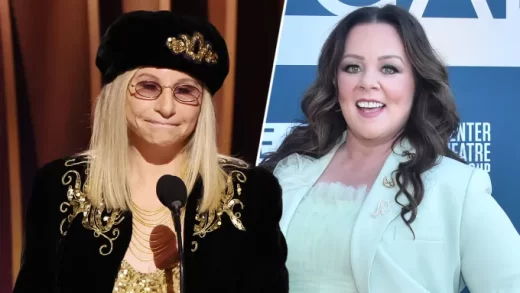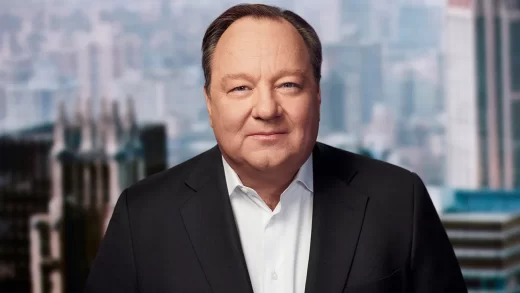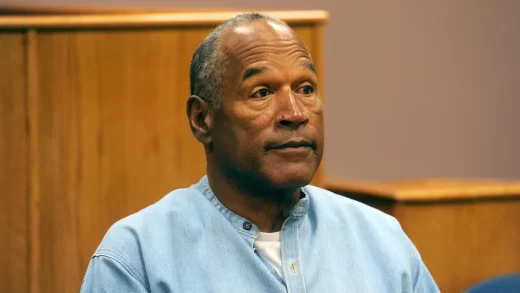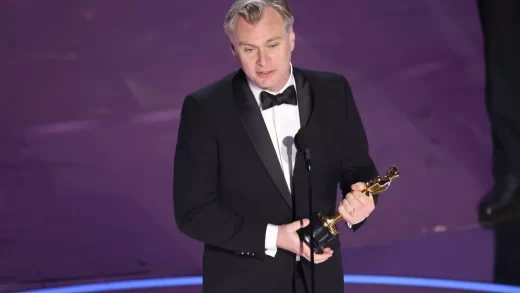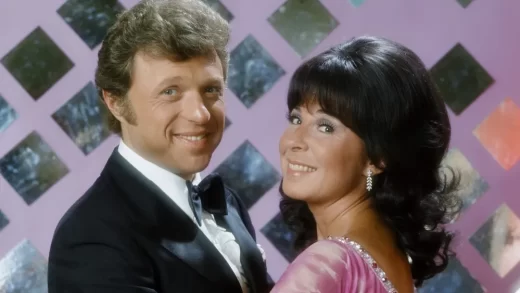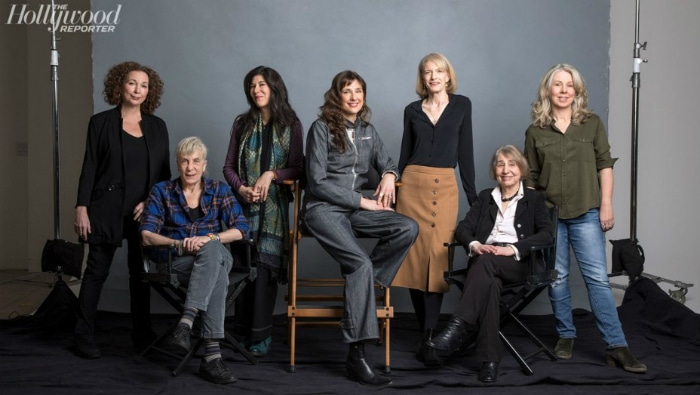In 35 years, Sundance has awarded its grand jury prize to just nine women. As the fest finally achieves gender parity in filmmakers, seven of them assemble for The Hollywood Reporter’s photo shoot and reveal that doors didn’t all open: “I was surprised by how many conditions that win seemed to bring.”
Early on, the Sundance Film Festival’s awards ceremonies (originally called the U.S. Film Festival, it was renamed by Robert Redford after the Sundance Institute took over in 1984) were held in a cafeteria. There were no paparazzi or gifting lounges or activations. “Everyone either went skiing or they wandered around during the day. No one was hobnobbing,” says Marisa Silver, who, at the age of 23, won the grand jury prize for her film debut, Old Enough, in 1984.
America’s top independent film festival — now a branded behemoth with nearly 125,000 attendees — has grown in many ways over the past 35 years, but Sundance has not, until this year, achieved gender parity in the main competition lineup. Only nine solo female filmmakers have ever won the grand jury prize in the narrative competition, and while their experiences at the festival varied, each had unexpected hurdles to overcome after her win.
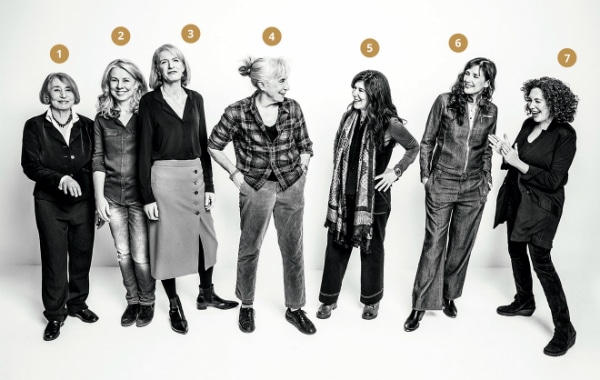
Erin Patrice O’Brien
1. Joyce Chopra, Smooth Talk, 1986 2. Courtney Hunt, Frozen River, 2008 3. Marisa Silver, Old Enough, 1984
4. Jill Godmilow, Waiting for the Moon, 1987 5. Debra Granik, Winter’s Bone, 2010 6. Rebecca Miller, Personal Velocity: Three Portraits, 2002
7. Nancy Savoca, True Love, 1989
Many say that at the time they were at Sundance (most with their debut film), they weren’t aware of the uphill battle of being a female filmmaker. But the industry’s inherent biases (the most recent study revealed that women made up just 8 percent of the directors of 2018’s top 250 films) got in the way at some point in each woman’s career. “My impression is generally they don’t want to give us as much money,” says Rebecca Miller (Personal Velocity: Three Portraits, 2002). “I think that there’s definitely a sense that one was just playing in a smaller sandbox. The sand was just as good but there wasn’t as much there.”
The festival’s most recent winner, Desiree Akhavan (The Miseducation of Cameron Post, 2018), is still in the midst of her post-Sundance whirlwind year. But, after the film about gay conversion therapy struggled to sell and had a quiet release in August, she admits that “it really feels like an uphill battle right now.”
RELATED: Female Directors in Hollywood & Impact of Movies Made From 1 Perspective
(Excerpt) Read More at: HollywoodReporter.com
